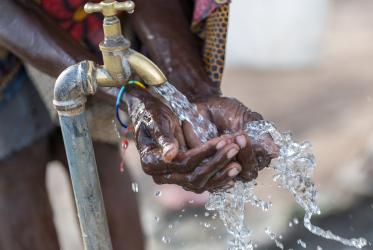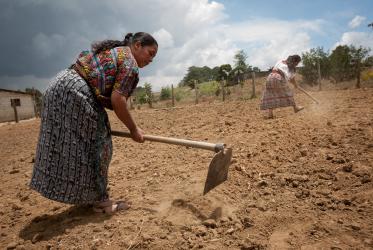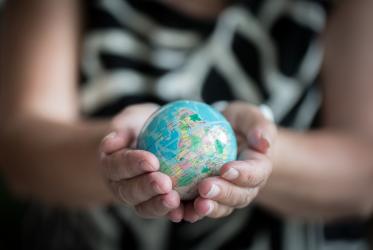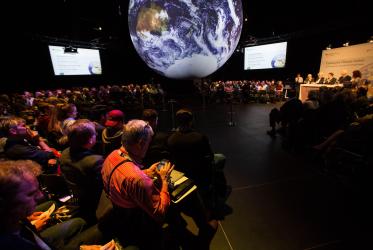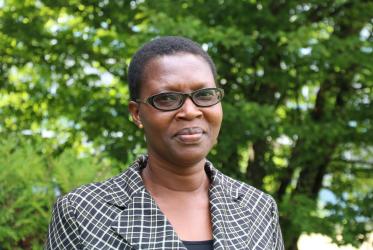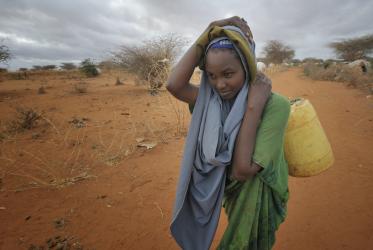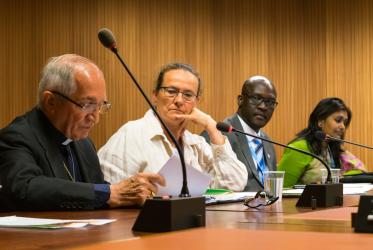Displaying 1 - 20 of 20
Worrying food shortages compel faith action
19 October 2018
A communicator on the move
10 July 2017
GEM school ends with hope for a better tomorrow
08 September 2016
A just financial and economic architecture is possible, students find
08 September 2016

